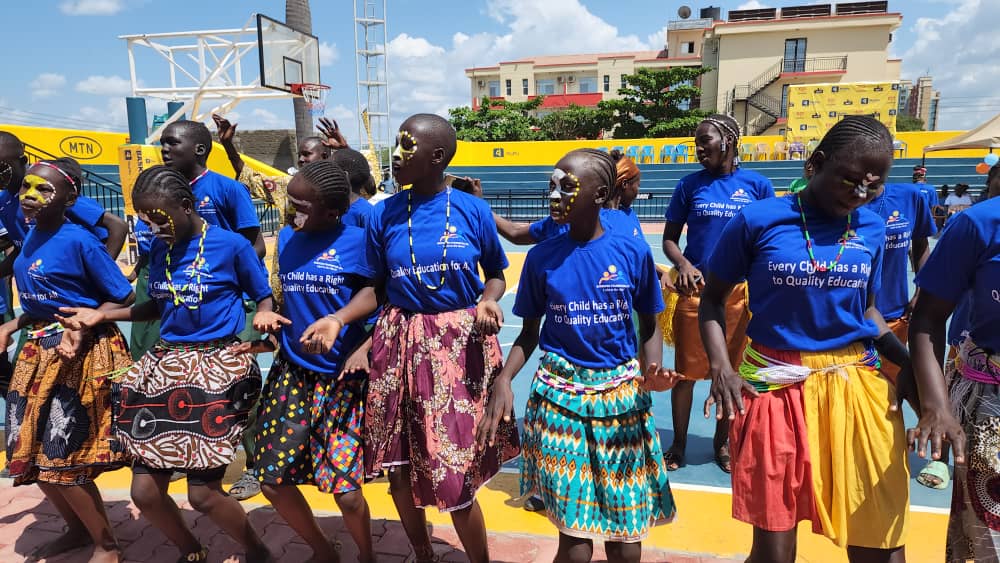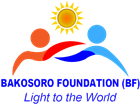
As evident enough since independence on 9th July 2011, South Sudan has seen less than 15 years of peace, Civil Conflict that lasted for 7 years and had displaced people and forced them to stay in IDP camps which has left tradition and culture in horrible cultural deterioration, This has led to the erosion of the culture and tradition for the younger generation.
Tradition and culture in this context does not apply only in economic aspect but rather all aspects of life, whether it being economic, social, political and above all cultural aspect of life in which our emphasis lies.
Apart from the above, during the time of civil conflict most of the traditions have faded away, due to a disastrous number of elderly people who had the knowledge of culture and tradition been killed and communities separated. The few elderly people who lived in the camp settings got attracted to other negative activities like; drinking to forget their sorrows and hopelessness.
Traditional practices and cultural activities (discussions around the fire, storytelling, riddles etc.) are not taking place as life is becoming difficult and surviving takes the first priority.
Thus the struggle to revive the already eroded culture should not be a matter of round table discussions but rather empowerment and involving elder’s young ones and youths.
Note should be taken that it’s a struggle for all. Culture is a critical component for proper growth and development for a child. Culture imparts appropriate life skills for a child to operate in harmony with the society.
Among the programs we do to promote Art and Culture includes;
- Conducting cultural revival intervention in schools and communities
- Formation of cultural revival groups in schools and community
- Training /coaching of cultural revival groups at community level
- Supplying cultural revival equipment’s
- Organizing annual cultural competitions among children, youth and communities
